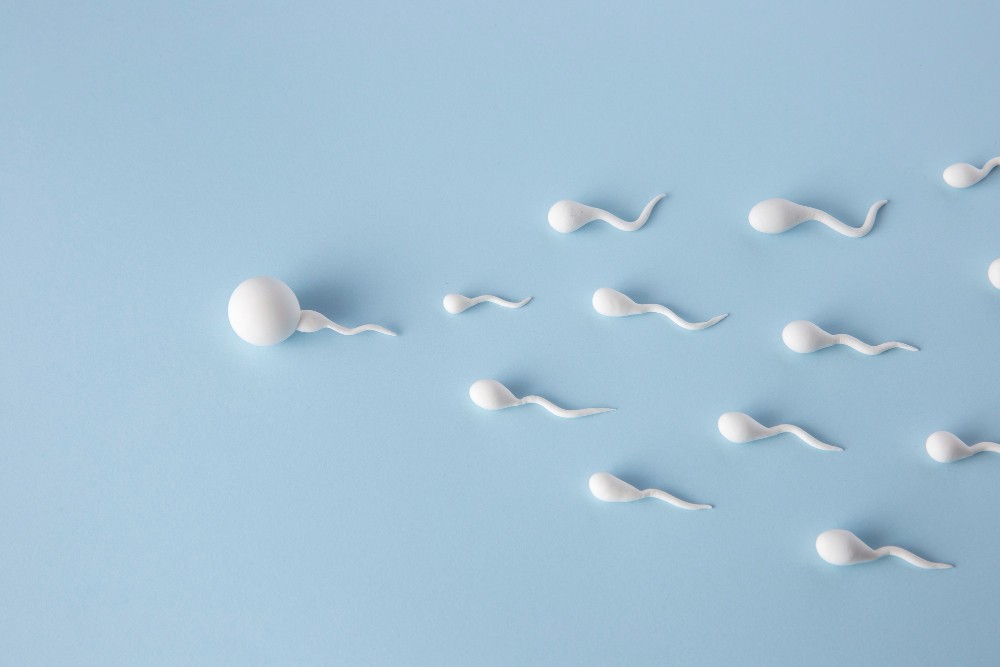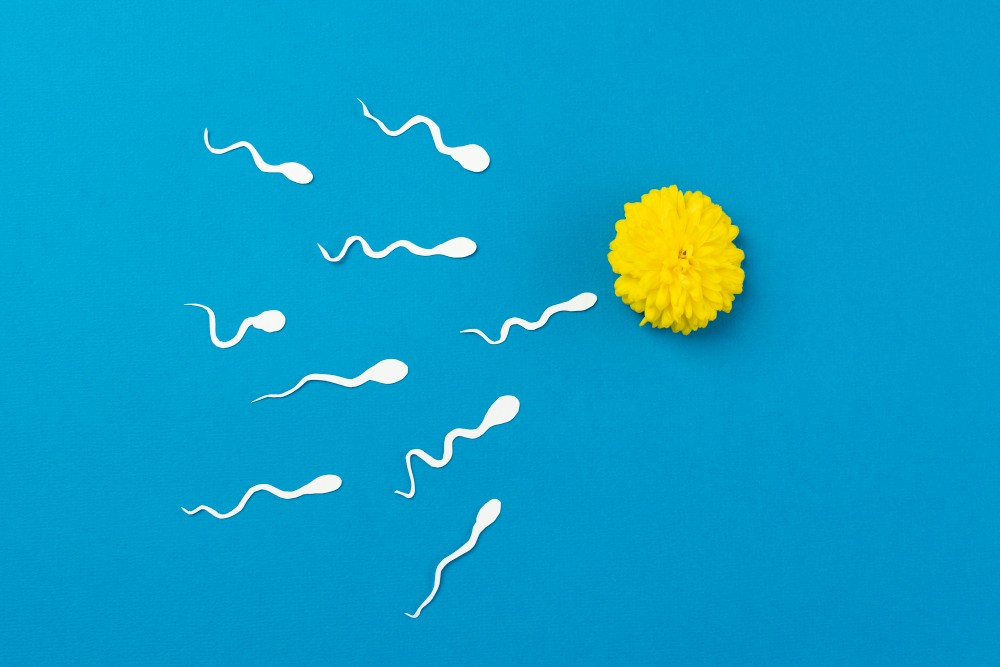In men, semen is typically released during sexual stimulation, such as through masturbation or intercourse. However, in certain cases, men can experience the release of semen without any sexual arousal, a condition known as spermatorrhea. What are the symptoms of spermatorrhea, and how can it be treated? Keep reading to learn more.
What is Spermatorrhea?
Under normal circumstances, men ejaculate during sexual stimulation, whether through masturbation or sexual intercourse. But for men experiencing spermatorrhea, semen is expelled without any sexual activity. This condition can occur during everyday activities, like working or even while sleeping.
Unlike typical ejaculation that occurs with orgasm, spermatorrhea happens without any sexual pleasure or satisfaction. For those affected, this can be an uncomfortable issue, leading to both physical distress and emotional strain.
Symptoms of Spermatorrhea
Spermatorrhea has a variety of symptoms, with the main one being the involuntary release of semen without sexual engagement. This may occur while sleeping, after urinating, or during other daily activities.
Besides the unexpected release of semen, other symptoms of spermatorrhea include:
- Back pain
- Pain in the groin area
- Dizziness
- Nighttime sweating or chills
- Burning or itching sensations around the penis
- A rapid heartbeat
Spermatorrhea can also cause emotional distress. Men dealing with this condition might feel guilty, embarrassed, or anxious about the unintended release of semen. This can lead to feelings of shame, stress, or even depression.
Causes of Spermatorrhea
Spermatorrhea is typically caused by a dysfunction in the semen valve, which leads to the uncontrollable release of semen at any time. Several factors can contribute to this condition, including:
- Emotional disturbances such as stress and depression
- Frequent or excessive masturbation
- Sexual dissatisfaction
- Nervous system disorders
- Hormonal imbalances
- A weak digestive system
- Poor diet or nutritional deficiencies
Treatment for Spermatorrhea
Treating spermatorrhea depends on its severity and the underlying causes. Some treatment options include:
-
Medications: In some cases, doctors may prescribe medications to address the root cause of spermatorrhea. This may include antidepressants or treatments that target hormonal imbalances. These medications aim to stabilize hormone levels or regulate the nervous system.
-
Cognitive Behavioral Therapy (CBT): CBT can help individuals with spermatorrhea identify and change negative thought patterns or behaviors contributing to the condition. It is especially useful in managing stress, anxiety, and other psychological factors that may exacerbate spermatorrhea.
-
Lifestyle Changes: Adopting a healthy lifestyle, such as regular exercise, proper sleep, a balanced diet, stress management, and relaxation techniques, can help reduce symptoms of spermatorrhea.
-
Herbal Supplements: Some herbal remedies, such as shilajit, asparagus, and ashwagandha, are believed to help reduce excessive semen release and improve sexual health. However, it’s important to consult with a doctor before taking any supplements.
Spermatorrhea can affect both a person’s physical health and mental well-being. If you're experiencing symptoms of sexual dysfunction, it is crucial to seek professional medical advice. You can also use the consultation service on the Ai Care app, available for download on both the App Store and Play Store.
Want to learn more about other health issues? Click here!
- dr Nadia Opmalina
Jain. P. (2024). Spermatorrhea - All You Must Know About It!. Available from: https://www.lybrate.com/topic/spermatorrheaall-you-must-know-about-it/09523f315ca4a869f2d0e6282fcdc903
Ahern, M. (2024). Spermatorrhea. Available from: https://www.zotezo.com/conditions/spermatorrhea/
NHS. (2023). Ejaculation problems. Available from: https://www.nhs.uk/conditions/ejaculation-problems/












